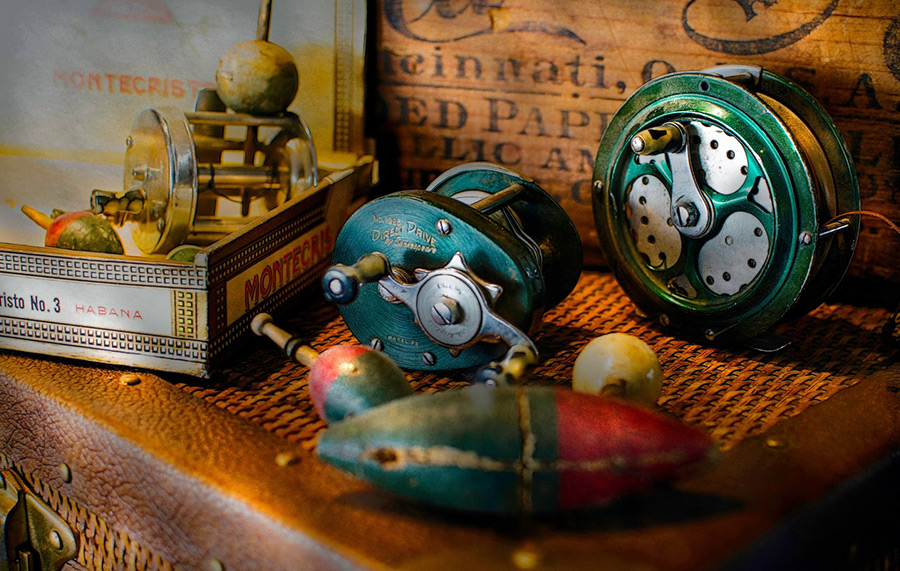How to keep your fly fishing equipment always ready for a fly fishing trip
Category: Fly Fishing Equipment
When talking about keeping fly fishing gear always ready for the next fishing trip, should emphasize first of all how to keep it clean. And that's for several reasons.
Clean equipment works better and lasts longer. Dirt, salt, and debris can cause corrosion and wear, reducing the performance and lifespan of your gear. Dirt and debris can cause damage to your equipment, such as nicking the line or rusting the metal parts. Clean gear is more comfortable to use. For example, a clean fishing rod will grip better and be more comfortable to hold, while a clean reel will be smoother to operate.

Clean gear presents a better image and makes a better first impression, whether you're fishing with friends, family, or clients. Keeping your equipment clean and well-maintained can save you money in the long run, as you will need to replace it less often.
Here are some tips to keep your fishing equipment ready for a fishing trip:
- Clean and maintain your equipment regularly: Clean your gear after each fishing trip to remove salt, dirt, and other debris, and to prevent rust and corrosion. Store your gear in a dry place and use a silicone-based protectant on metal parts to prevent rust.
- Check your line: Before each fishing trip, inspect your line for nicks, cuts, or signs of weakness, and replace it if necessary.
- Store your rods properly: Store your fishing rods in a safe and secure place, preferably in a rod tube or rod case. Avoid laying your rods on hard or abrasive surfaces, which can damage the guides and line.
- Check your reels: Make sure your reels are in good working order, with no loose parts or worn components. Clean and lubricate the drag system and any other moving parts to ensure smooth operation.
- Keep flies organized: Store your flies in a fly box and organize them by type, size, and color. Make sure they are dry and free of debris to ensure that they are ready to use.
- Pack your gear carefully: Pack your gear in a suitable fishing bag or tackle box, and make sure that everything is secure and protected. Avoid over-stuffing your gear and be mindful of the weight and balance of your gear to avoid straining your back or shoulders.
By following these simple tips, you can help keep your fishing equipment in good condition and always ready for your next fishing trip.
